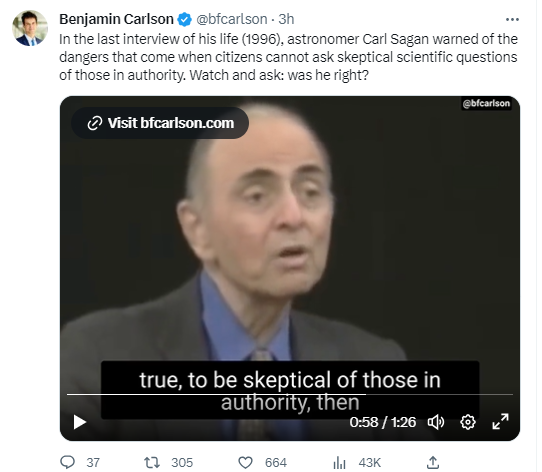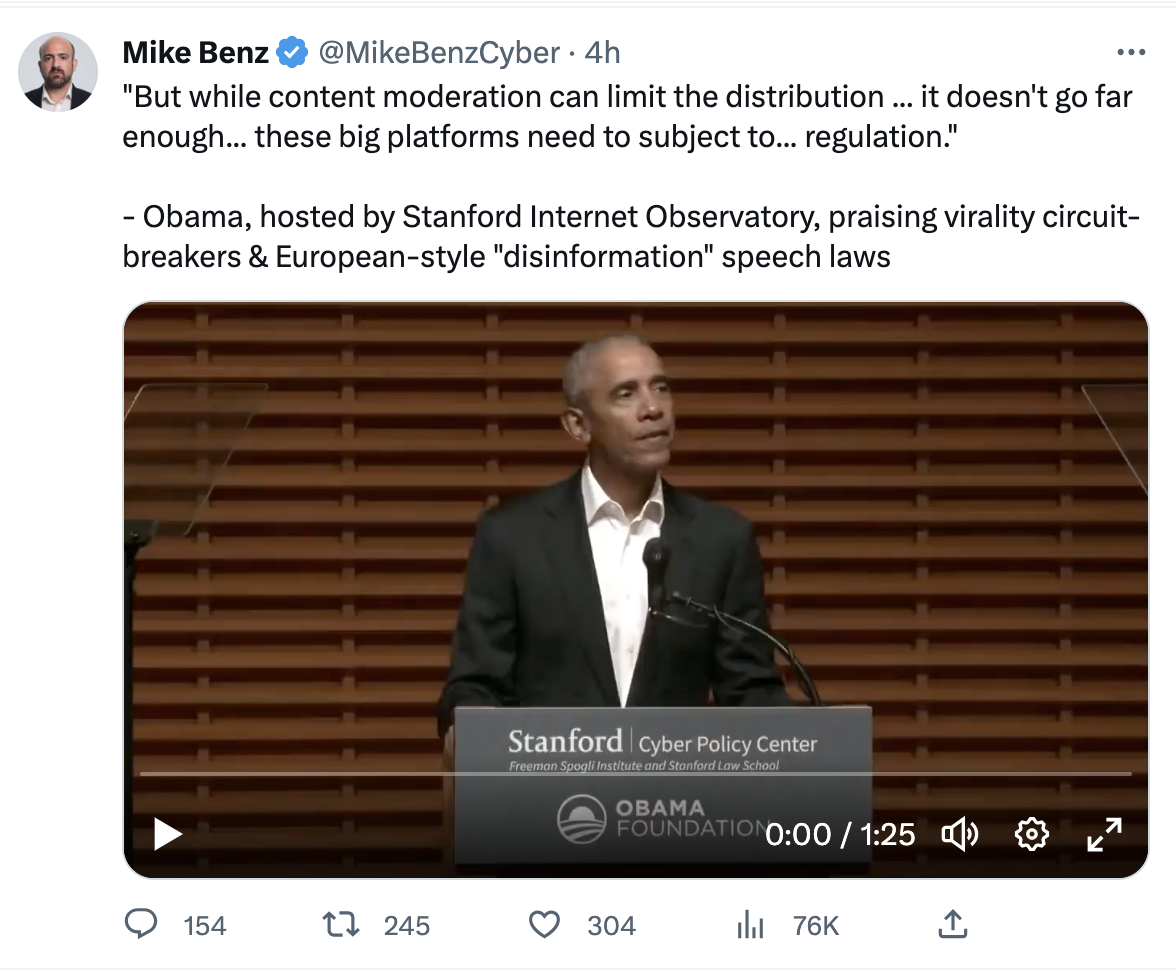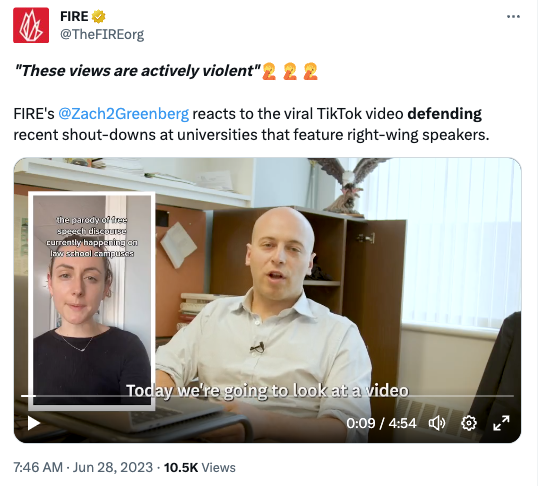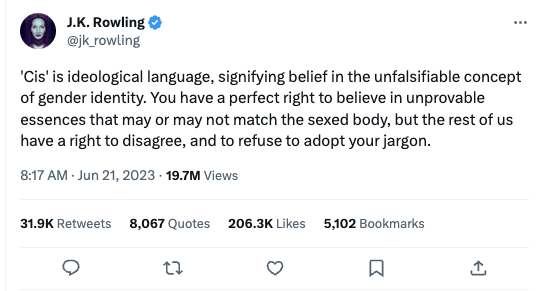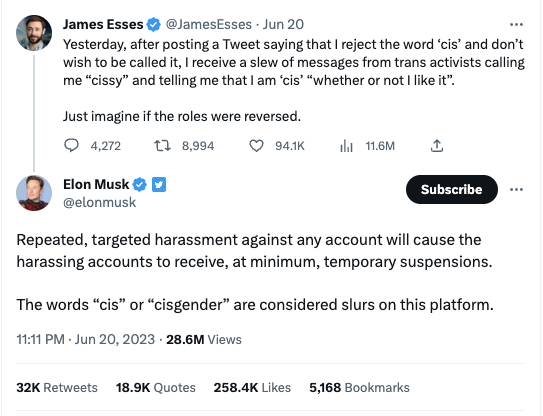Consider the haunting opening lines to the 2010 BBC documentary, "The Power of Nightmares":
In the past, politicians promised to create a better world. They had different ways of achieving this. But their power and authority came from the optimistic visions they offered to their people. Those dreams failed. And today, people have lost faith in ideologies. Increasingly, politicians are seen simply as managers of public life. But now, they have discovered a new role that restores their power and authority. Instead of delivering dreams, politicians now promise to protect us from nightmares. They say that they will rescue us from dreadful dangers that we cannot see and do not understand.
Ten years ago, I found this intense documentary online. Over the years, the links to the documentary keep breaking and I have fixed them at least twice. You can now view the entire work here. Also here is the full script.
What would motivate a phalanx of high-paid government-financed experts to protect us from a never ending procession of alleged nightmares? How about job security. More specifically, now that Middle East terrorism is no longer looming as a threat to Americans, how about drumming up the new threat of misinformation/malinformation/dysinformation? How about funding huge bureaucracies of highly paid experts to protect us from each other? Notice that they have now turn our suspicions and paranoia toward each other, a disgraceful tactic in a country founded on the principle that we the citizens are in charge and it is our duty as self-rulers to interact and negotiate with each other to find solutions to complex problems. To feed their coffers, they have found a gift that keeps on giving, the concept of "misinformation," ignoring that this concept is comically vague, in other words, perfectly suited for instigating Americans to form circular firing squads.
See the latest example, “They're searching for fears to tap into," article at Public by an excellent journalist, Lee Fang. Here is an excerpt:
Smith: So when you're talking about this mission creep, do you think that this is just an example of the government just trying to grab power increasingly or do they seem to have some sort of position that they're creeping towards intentionally, if that makes sense, like some sort of policy or what?
Fang: Bureaucracies tend to be self-perpetuating. We see this in a number of areas. The military is certainly an example of this. It's difficult to wind down major military programs to cancel or roll back major military conflicts. Even with wars ending and conflicts ending and winding down in Iraq and Afghanistan, oversized military budgets seem to only grow and grow. There's no peace dividend when these conflicts end. And the same is the case with the Department of Homeland Security. This agency has grown and grown.
And even as the threat of Islamic terrorism from Al-Qaeda or ISIS has radically waned in recent years, has gone down, this agency needs to justify its existence. So it's searching for new threats, searching for new fears to tap into, and coming up with new justifications for this enlarged bureaucracy and variety of government contractors. It's shifting from protecting against overseas terror threats to focusing on social media censorship. And that seems like a radical progression, but it helps justify the duration and expansion of these agencies.

